Blockchain technology, often synonymous with cryptocurrencies like Bitcoin and Ethereum, has grown far beyond its initial financial applications. Today, blockchain’s decentralized, secure, and transparent nature is being harnessed across various industries, revolutionizing traditional systems and creating new opportunities for innovation. This blog explores how blockchain is being applied in real-world scenarios beyond the realm of digital currencies.
1. Supply Chain Management
Blockchain technology is transforming supply chain management by providing an immutable ledger that enhances transparency and traceability. Companies can record every transaction on the blockchain, creating a permanent history of a product’s journey from origin to consumer. This transparency helps combat issues such as counterfeit goods, fraud, and inefficiencies.
For example, IBM’s Food Trust blockchain platform enables participants to track food products from farm to table. By scanning a QR code, consumers can access detailed information about the product’s origin, processing, and distribution, ensuring food safety and quality.

2. Healthcare
In the healthcare sector, blockchain is enhancing data security and interoperability. Patient records stored on a blockchain can be accessed and updated by authorized healthcare providers, ensuring accurate and up-to-date information across different facilities. This seamless data exchange improves patient care and reduces administrative burdens.
Additionally, blockchain is being used to secure the pharmaceutical supply chain. It helps verify the authenticity of drugs, reducing the risk of counterfeit medications entering the market. Projects like MediLedger leverage blockchain to ensure the integrity of drug supply chains and compliance with regulations.

3. Voting Systems
Blockchain technology offers a promising solution to the challenges of electronic voting systems, such as fraud, tampering, and lack of transparency. By providing a secure and immutable ledger, blockchain can ensure that votes are accurately recorded and counted.
West Virginia became the first U.S. state to use blockchain technology in a federal election, allowing overseas military personnel to cast their votes securely. The success of this pilot project highlights blockchain’s potential to enhance the integrity and accessibility of democratic processes.

4. Real Estate
The real estate industry is benefiting from blockchain’s ability to streamline property transactions and enhance transparency. Blockchain can simplify the process of verifying property titles, reducing the risk of fraud and disputes. Smart contracts, self-executing contracts with terms directly written into code, can automate and expedite real estate transactions.






